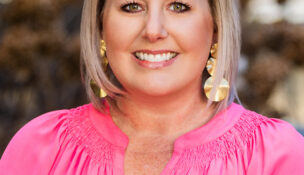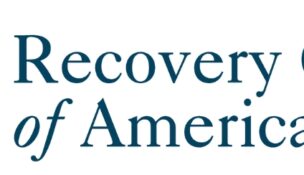Nontraditional health care providers, suppliers linked through supply portal
Molly Hulsey //June 4, 2020//
Nontraditional health care providers, suppliers linked through supply portal
Molly Hulsey //June 4, 2020//
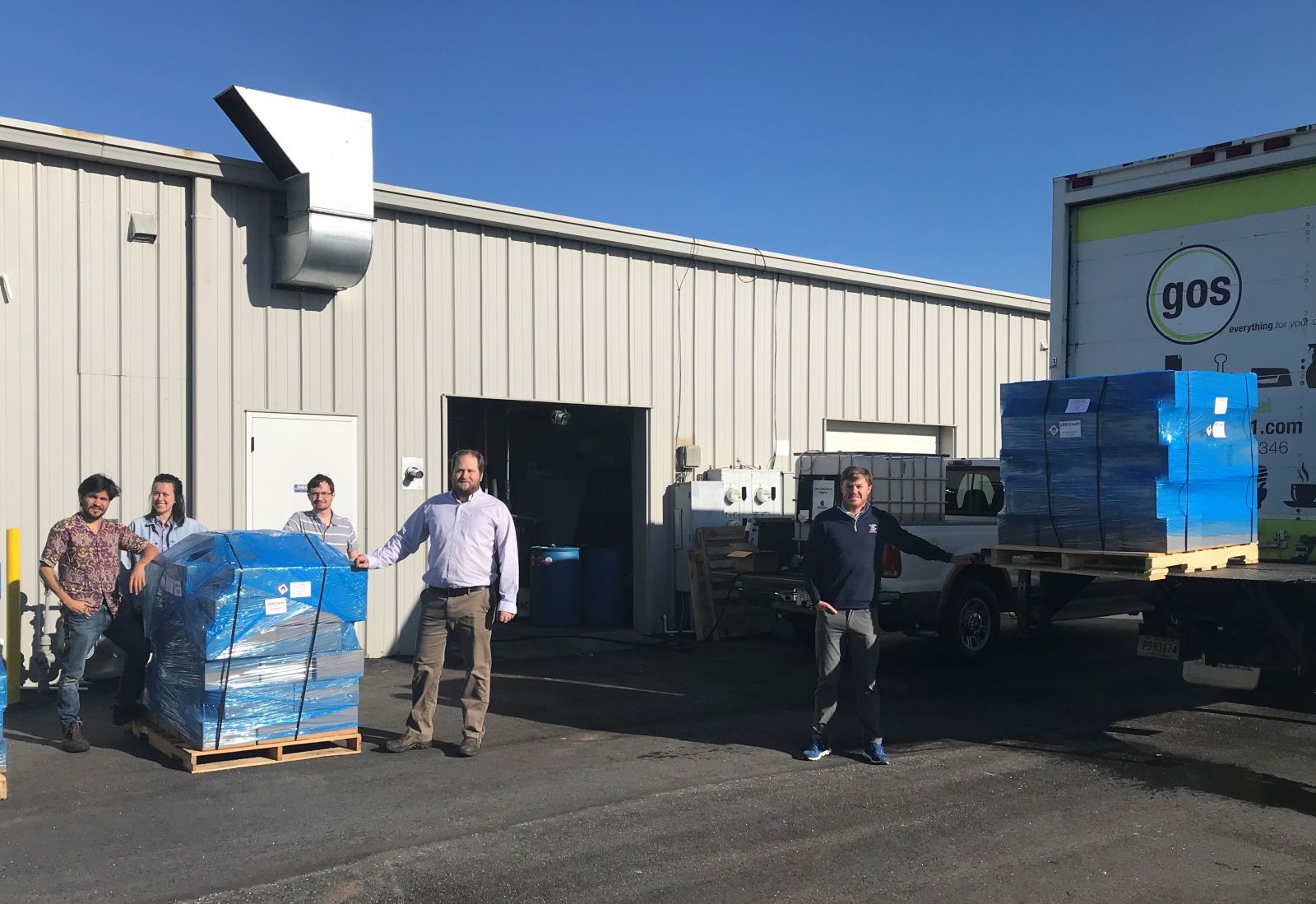
As Dick Pace rushed to the hospital March 12, he had no idea that he would spend seven weeks visiting his newborn daughters and son in an intensive care unit — or that it would take place during a pandemic.
“I always joke and say I woke up the day after, and the whole world was different,” he said. “I’ve got three children now and a pandemic in place.”
While Pace stayed an entire week in the hospital ward with his triplets — born with complications unrelated to COVID-19 — he experienced firsthand the dearth in quality hand sanitizer felt by the health care community and beyond.
“All of the hand sanitizer that people started making was the 80% liquid version, and it’s non-sterile and not really suited for laboratory use or hospital use,” Pace said. “And on top of that — here’s something that’s really scary — you go to any of the suppliers for alcohol, and they are sold out of stuff that’s got methanol in it, stuff that’s got hexane, which is gasoline. They’re sold out of those, and I’m thinking, no one should be using that for hand sanitizer in the first place.”
Being a research and development chemist, Pace took a sanitizer bottle he had on hand to his Powdersville lab, Parimer Scientific, and ran it through instruments to parse out its chemicals. After creating his own solution, he called up Birds Fly South, a craft brewery in Greenville’s Hampton Station, to secure more alcohol.
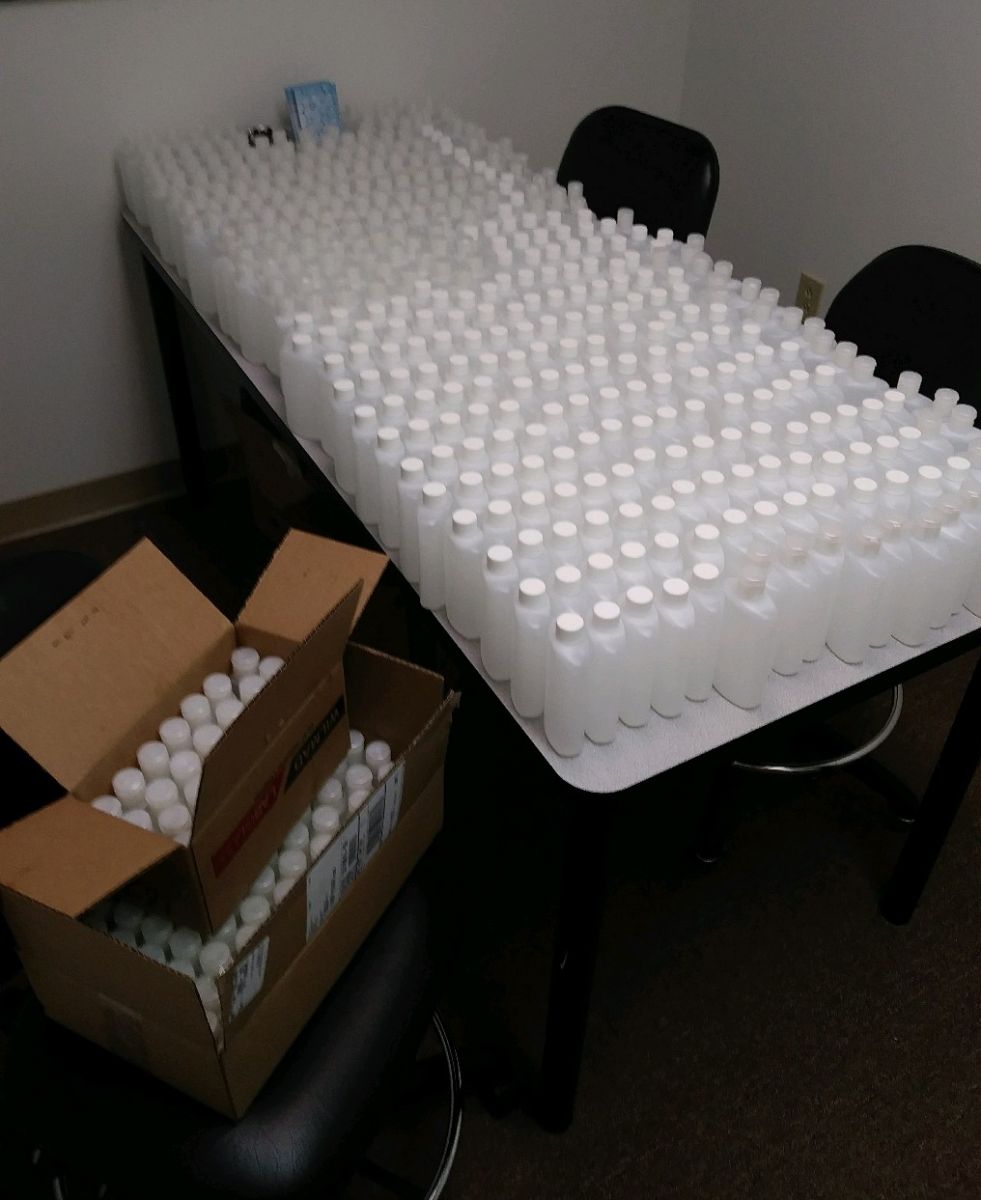 Thus, Pace’s brainchild, a new hand sanitizer line, was born, and all other projects were put on hold. He joined a growing number of companies that pivoted to supply urgently needed products that would find a destination through an emergency supply portal at sccovid19.org.
Thus, Pace’s brainchild, a new hand sanitizer line, was born, and all other projects were put on hold. He joined a growing number of companies that pivoted to supply urgently needed products that would find a destination through an emergency supply portal at sccovid19.org.
Despite the intense demand for the product, marketing could be a challenge with Pace working as the owner, principal scientist and sole business development manager of the small lab, but at some point, he got in touch with the S.C. Hospital Association, which put the sanitizer on the Emergency Supply Collaborative portal launched with the S.C. Manufacturing Extension Partnership, SCBio and the S.C. Department of Commerce. That was early April.
“I’m not sure if they found us or we found them, but either way, we got connected and we were put on their list,” he said.
Since then, hospitals, nursing homes and businesses like Greenville Office Supply and a clothing manufacturer are stocking their countertops and storerooms with thousands of bottles of Parimer’s sanitizer, especially as they discovered chemicals like hexane in some of the sanitizers produced by other suppliers, he said.
While Pace began to notice the shortage of sanitizers at the hospital, Melissa Allman, government affairs director of Bayada Home Health Care, discovered that because her company was not a hospital or traditional health care provider, they did not qualify for personal protective equipment from the state stockpile, nor would they be reimbursed for out-of-pocket expenses.
“We’re not considered part of the solution when really, truly, we’re doing what we can to ensure that our medically-fragile and most vulnerable population is able to remain in their homes and be safe, and that our front-line workers are able to be safe and have the protective gear they need,” she said, adding that home health care staff also needed to take precautions to keep the families of patients safe as well.
From their original suppliers, prices spiked — and continue to spike — for N-95 masks, face shields and gowns needed for the 31,000 Bayada staffers who care for vulnerable children and elderly adults.
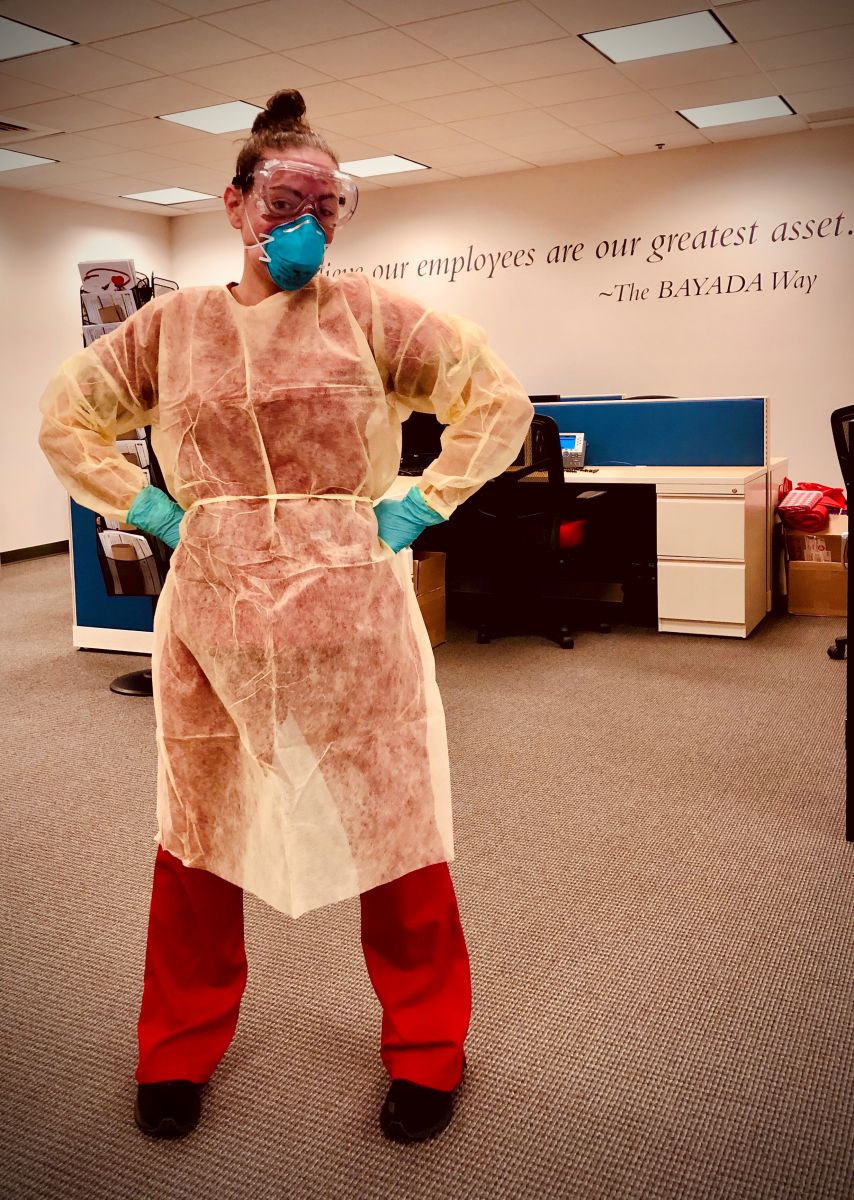 Often, the supplies were simply sold out when Bayada would attempt to place orders — a shortage that Allman said still exists for health care providers outside of traditional networks and other related businesses.
Often, the supplies were simply sold out when Bayada would attempt to place orders — a shortage that Allman said still exists for health care providers outside of traditional networks and other related businesses.
Allman then reached out to Chuck Spangler, CEO and president of SCMEP.
“Chuck was able to speak with his leadership and we were able to be added as a facility, or at least as a health care provider so that we were able to obtain some of these PPE supplies that are so hard to get,” she said.
The Emergency Supply Collaborative did not exclude nontraditional health care providers or businesses outside the health care realm, like other stockpiles did, and provided an alternative, more affordable market to Bayada’s original suppliers. Those recipients continue to face localized shortages of PPE even as COVID-19 cases wane in the state.
“Facilities and hospitals have pretty much exhausted the FEMA statewide supplies, so there’s probably going to be a little bit of a shortage from that perspective,” she said. “I think the states have done a really good job of thinking outside the box. Companies and organizations within South Carolina have done a really good job with being creative.”
Spangler notes that since implementation until May 1, the portal helped match-make 339 manufacturers and distributors with 247 companies and 167 health care providers in need of N-95 masks, hospital gowns — still in short supply in late May — thermometers and other high-demand goods. Fifteen individual donors also contributed to the portal.
“It was such a blur,” Erin Ford, vice president of SCBio, said when asked how the collaborative first came together. “Between us and our partners, S.C. Manufacturing Extension Partnership, the Department of Commerce and the hospital association, it was like we were all being inundated with so many requests,” which then created what she calls an “organic partnership” linked by their search for solutions. She credits Spangler for the original idea and bringing it to fruition.
“Chuck is definitely leading the charge as far as interaction with the suppliers and organizing companies that are pivoting, for example, material for gowns,” Ford said. “As you talk with Chuck, you know his personality: he’ll get it done. It has been amazing to see his leadership in this initiative.”
Spangler and others have spent long hours vetting suppliers to protect against price-gouging and responding to queries from 6 a.m. to 10 p.m., but the portal didn’t discriminate on what kind of sectors could receive the goods.
“Hospitals seem to be doing ok,” Spangler said. “The concern we’ve had over the past week has been how can we help our smaller health care providers and companies that need PPE, who just need small quantities.”
Through the portal, smaller health care providers and businesses are able to place 50-mask orders that wholesale suppliers might mind difficult to process. Hospice centers, first responders, libraries, fitness centers, schools and barber shops were able to receive shipments alongside hospitals and doctors’ offices.
With heightened demand, the Emergency Supply Collaborative also helped match both suppliers and customers in states like New York and New Jersey that plan to offer COVID-19 testing kits on the platform under the coordination of life science companies linked through SCBio. Thornton Kirby, president of the SCMA, has also been an advocate of using the partnership to create a state stockpile since the beginning.
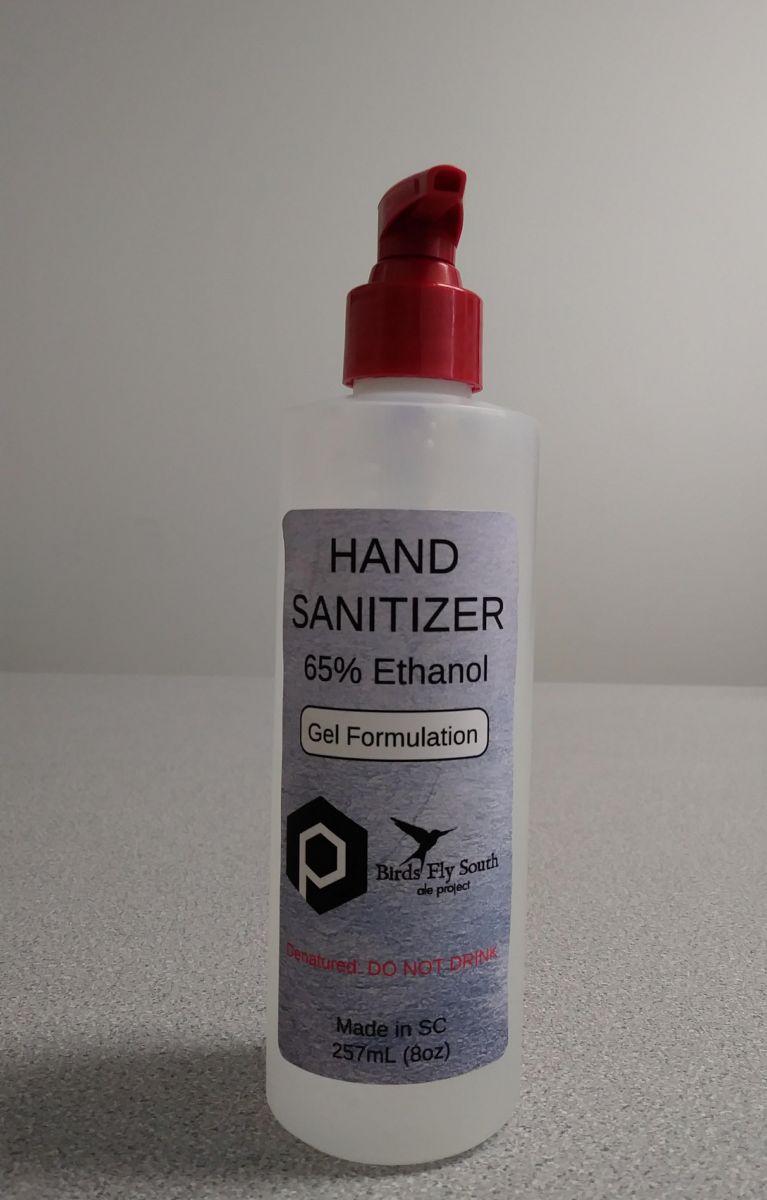 Since its inception, the Emergency Supply Collaborative has expanded to help match suppliers and customers in states like New York and New Jersey and plans to offer COVID-19 testing kits in coming weeks under the coordination of life science companies through SCBio. Thornton Kirby, president of the SCHA, has also advocated for using the partnership to create a state stockpile.
Since its inception, the Emergency Supply Collaborative has expanded to help match suppliers and customers in states like New York and New Jersey and plans to offer COVID-19 testing kits in coming weeks under the coordination of life science companies through SCBio. Thornton Kirby, president of the SCHA, has also advocated for using the partnership to create a state stockpile.
Ford said companies partnering with SCBio have made progress on the antigen and antibody testing front. She thinks that as contact tracing and testing expand across the state, the portal also should expand to include those options.
In the meantime, some suppliers like Parimer Scientific plan to keep their critical needs product lines in place as businesses sanitize and mask up for the long haul.
As a pharmaceutical company, Parimer will keep producing hand sanitizer even as the Food and Drug Administration repeals its temporary exemption for sanitizer production. Pace expects that continued domestic production of critical needs goods, especially from vetted labs, will help maintain quality and accessibility moving forward.
Spangler also believes that the need for those supplies will only escalate as people begin to congregate again in public or at the workplace and as some enterprises brace themselves for future viral threats.
“We’re not only working on the current needs but also what do we need to do for the future to keep this here if this thing ever hits again,” he said about partnerships forged through the portal. “We pray to the good Lord above that nothing ever happens again, but if it does, we are set and locked and loaded.”
This story originally appeared in the June 1, 2020, print edition of the GSA Business Report.
r







